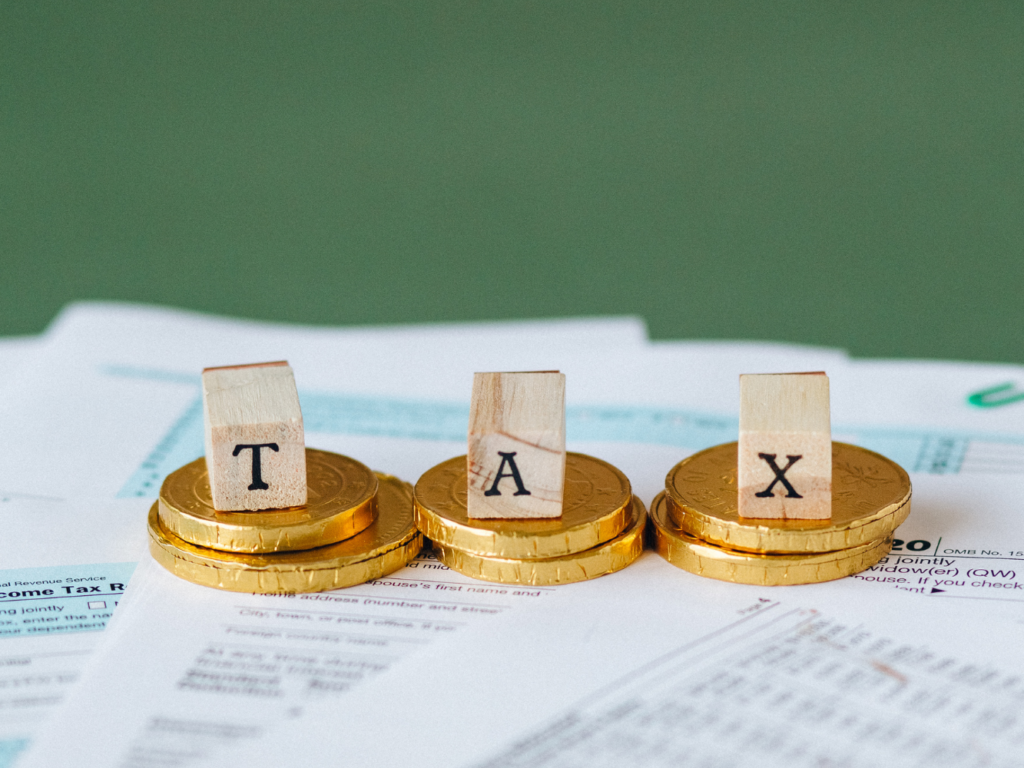Failing to file your taxes on time can lead to significant stress and penalties. Most individuals manage to submit their tax returns before the deadline, ensuring they avoid any complications. However, missing the deadline can happen for various reasons, and understanding the potential consequences is essential. Not filing your taxes can result in late fees, interest charges, and even legal issues. It’s crucial to know what steps to take if you find yourself in this situation to minimize the impact.

Steps to Take When You Lack Tax Documents
Life’s unexpected challenges, such as health issues or personal crises, can sometimes prevent you from filing your taxes on time. Many people also delay their tax filing due to the fear of owing a large sum of money. However, regardless of your situation, it is vital to file your taxes to avoid additional penalties and ensure your tax assessment is accurate. If you’re missing essential tax records, there are still ways to gather the necessary information and file your back taxes efficiently.
Obtain a Tax Transcript from the IRS
When you can’t obtain tax documents directly from employers or other payers, requesting a tax transcript from the IRS is a practical solution. Many companies provide tax forms online, but if they’re unavailable or the company no longer exists, a tax transcript can help bridge the gap. A tax transcript from the IRS includes various types of income reported, such as:
- Wages and salaries (Form W-2)
- Non-employment compensation, royalties, and other income (1099-MISC)
- Retirement plan distributions (1099-R)
- Interest on savings (1099-INT)
- Dividend payments (1099-DIV)
- Stock sales and investments (1099-B)
For missing records, request a Wage and Income Transcript, which covers the past ten years. This document helps verify the forms filed with the IRS, ensuring your back taxes are accurate. It also aids in responding to IRS notices, addressing identity theft, and preparing back taxes correctly.
Reviewing Financial Records for Additional Income and Deductions
If you’re self-employed, you might not receive 1099 forms from every client. Nevertheless, you still need to report all income and expenses. To gather this information, review:
- Bank statements
- Digital payment processor records (e.g., PayPal, Venmo)
- Credit and debit card statements
- Email receipts
- Paper receipts
- Canceled checks
- Deposit slips
Even if you’re not self-employed, you may have income from property sales, lottery winnings, or other sources that need reporting. Additionally, ensure you don’t miss deductions for health insurance, medical expenses, charitable donations, and student loan interest payments. Keep track of these items in a spreadsheet for easy reference.
For self-employed individuals, it’s beneficial to have separate bank, credit card, and payment processor accounts to differentiate business expenses from personal ones, making it easier to claim deductions.
FAQs
What should I do if I can’t find my tax documents?
You can request a tax transcript from the IRS, which provides a summary of income reported to them.
How far back can I request a tax transcript?
You can request a Wage and Income Transcript for the past ten years.
What if I am self-employed and missing records?
Review bank statements, digital payment processor records, and other financial documents to gather necessary information.
Why is it important to file taxes even if I can’t pay right away?
Filing on time avoids penalties and ensures accurate tax assessment, even if you can’t pay immediately.
Can I claim deductions without receipts?
Yes, but it’s essential to have some form of documentation, such as bank statements or digital receipts, to support your claims.
Conclusion
Filing back taxes without records can seem daunting, but it’s manageable with the right approach. Requesting a tax transcript from the IRS and thoroughly reviewing your financial records are essential steps. Even if you can’t pay immediately, filing your taxes on time helps avoid penalties and ensures accurate assessment.
For personalized guidance and support, consider reaching out to Tax Resolution Services of Hawaii. We will assist you in navigating this process smoothly and provide expert advice to ensure your tax filings are handled correctly.

